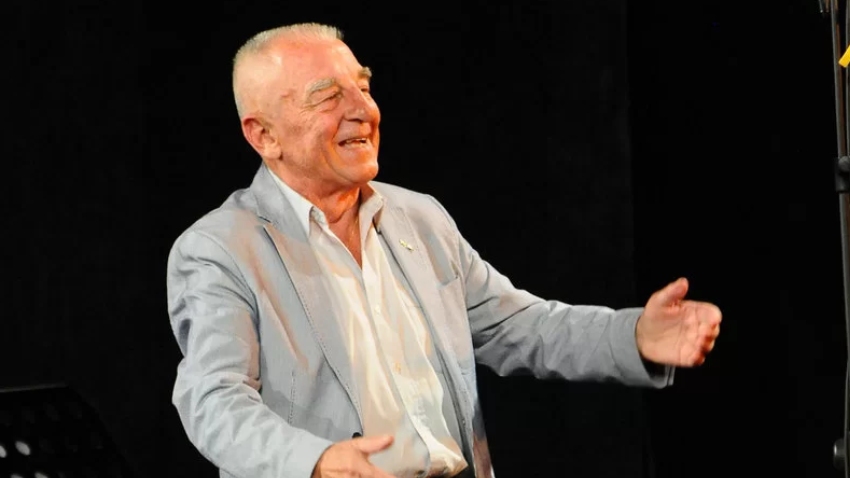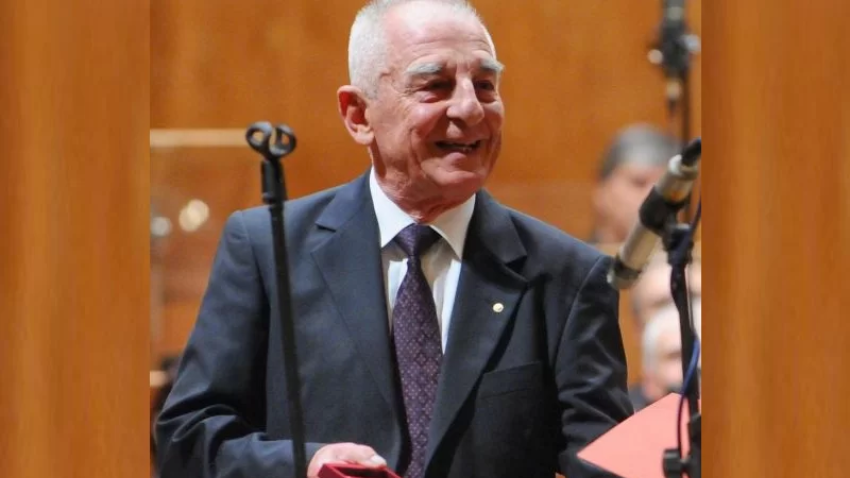


English publication: R. Petkova
Ekaterine Buachidze, a beautiful lady from Georgia with a superb mezzo-soprano voice and Mihai Damian, the charismatic baritone from Romania are the winners of the first prize in the Opera category of the famed world opera competition..
One of the pop scene’s defining vocal trios of early 2000s Bulgaria – Antibiotika – is back. Despite being scattered across the globe, Ani, Silvia, and Savina reunite for “It Feels Like Love”, co-written with longtime collaborator Momchil Kolev, the..
Translated and posted by Milena Daynova Photos: archive, Philip Koutev ensemble, BTA
On 23 and 24 November, in Narva and Tallinn, the Narva City Symphony Orchestra (Narva Linna Sümfooniaorkester) under chief conductor Anatoli Shchura..
The rock musicians from Horizont band and the singer Mariana Popova have recorded a joint song – ''Without You''. ''We’ve known Mariana since the..

+359 2 9336 661
